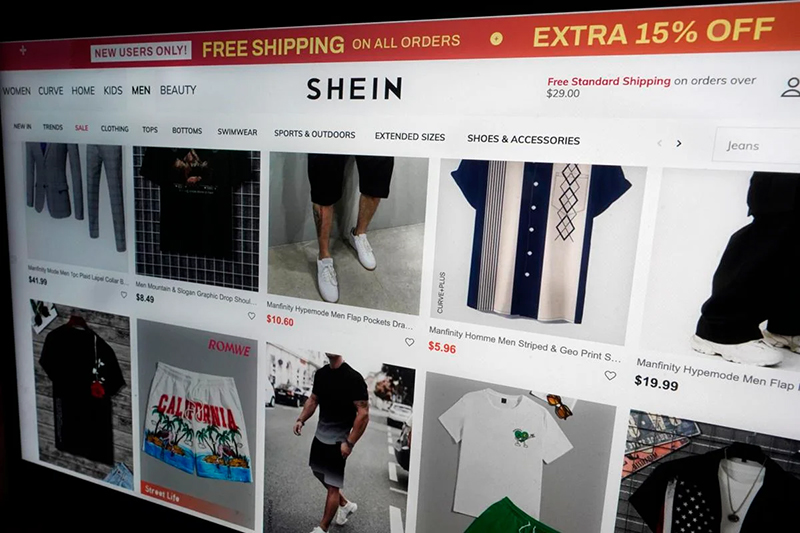A bombshell legal battle is underway as Chinese clothing retailer Shein finds itself entangled in a RICO lawsuit.
The lawsuit, filed by three clothing designers, accuses Shein of engaging in a systematic and pervasive pattern of copyright infringement that amounts to racketeering.
“Truly Exact Copies” of Copyrighted Designs
The plaintiffs allege that Shein shamelessly used “truly exact copies of copyrightable graphic design,” profiting from repeated acts of infringement that reveal a continuous pattern of racketeering. The magnitude of their theft has left designers reeling and seeking justice.
Shein Responds to Allegations
In response to the claims, Shein issued a statement asserting their commitment to addressing infringement allegations promptly. They vowed to vigorously defend themselves against the lawsuit, emphasizing their intention to challenge any baseless claims.
This legal predicament comes at a time when Shein is also grappling with mounting scrutiny from lawmakers. Accusations have surfaced regarding the potential use of forced labor from China’s Uyghur population in the production of their garments.
A recent Congressional report accused Shein, along with another Chinese retailer, Temu, of disregarding compliance with U.S. laws prohibiting imports made with forced labor from China’s Xinjiang region.
The De Minimis Loophole
Further allegations state that Shein and Temu exploited a trade law loophole known as “de minimis.” By directly mailing small packages worth less than $800 to consumers, they managed to evade oversight of their manufacturing and trade practices. This cunning maneuver has allowed them to circumvent import taxes and scrutiny, amassing substantial profits in the process.
As Shein contemplates an initial public offering in the United States, these legal challenges and allegations pose significant obstacles.
The company finds itself at the center of a storm, fighting to safeguard its reputation and future prospects amidst mounting legal and political pressures.





